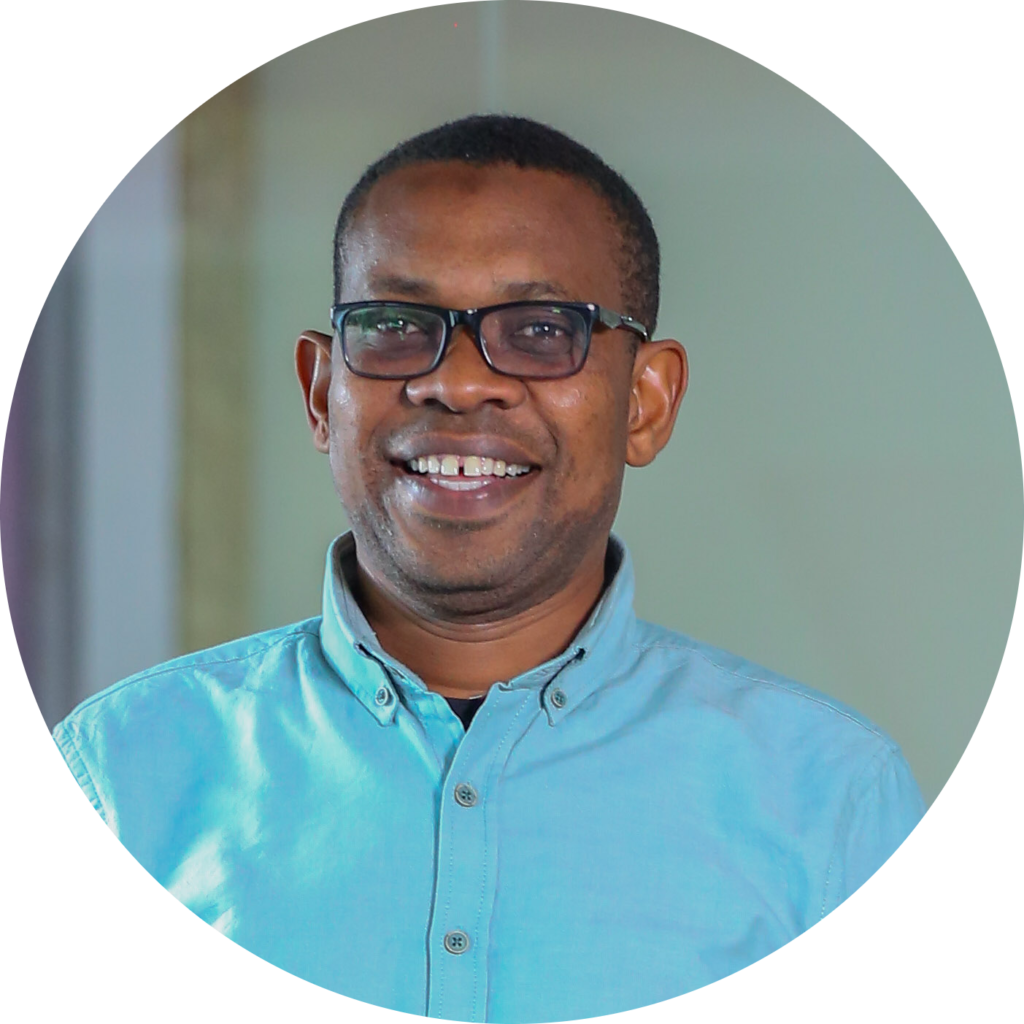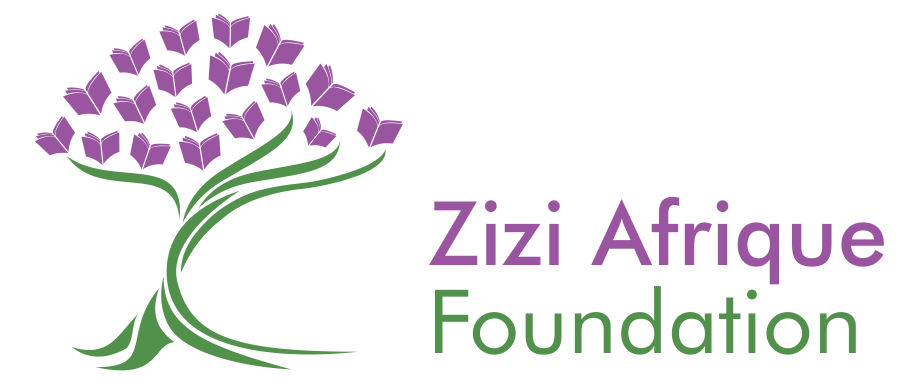
Executive Director
Dr. John Mugo
What the mid-term review told us: Keep the Vision, Sharpen the Focus!
What the mid-term review told us: Keep the Vision, Sharpen the Focus!
Zizi Afrique Foundation has existed as an independent organization since August 2018. The initial years sought to establish
the foundations for impact-at-scale, exploring the prospects for competency-building in areas of foundational literacy and
numeracy (early transition) and technical and vocational training (late transition). In late 2019, the development of a strategic
plan commenced. However, this process stalled with the pronouncement of COVID-19 in early 2020, and the organization moved
to survival mode, adapting rapidly to respond to the crisis of learning over the emergency period.
The strategy-development process got back on course in October 2020, and the inaugural 5-year strategy was launched in October 2021. Four things defined the focus of the organization: competences for learning, working, and living; support to the education system; focus on the children and youth furthest behind; and impact through collaboration and community building. With this direction, the organization has sustained steady growth, from working in only a few counties in Kenya in 2020, to driving collaborative system-change work in three countries. We moved from just three programs in 2020 to nine programs in 2023. The year 2023 marked the midpoint for the strategic period journey. The Board commissioned a midline evaluation in May and the process concluded in September 2023. This review has concluded that the organization is on track to achieving its strategic targets for 2025, across all three strategic pillars. A few insights emerged from this evaluation, which touched on the effect of CBC implementation and the position taken by the Kenya Kwanza government documented in the report of the Presidential Working Party on Education Reforms (PWPER), to the global shifts in education funding that require a re-positioning of the organization. As an organization, Zizi has grown significantly since 2021, with major expansions in funding sizes, programmatic and operational scope, as well as leadership and staffing capacities. Given these changes, the evaluation arrived at three conclusions.
First, Zizi’s mission remains relevant to both the achievement of the vision and the socio-political context. The organization is well positioned to ride on the increased attention in the education and youth sectors in the East Africa region to equip children and youth with competences. However, three implications emerge from the changes in context. Second, there is a need to align areas of work to the contextual realities, especially regarding the new governments and changes in the political economy. Third, the new government may require a re-examination of Zizi’s engagement approach, while facing it straight with an ever-closing civic space and working with schools
The strategy-development process got back on course in October 2020, and the inaugural 5-year strategy was launched in October 2021. Four things defined the focus of the organization: competences for learning, working, and living; support to the education system; focus on the children and youth furthest behind; and impact through collaboration and community building. With this direction, the organization has sustained steady growth, from working in only a few counties in Kenya in 2020, to driving collaborative system-change work in three countries. We moved from just three programs in 2020 to nine programs in 2023. The year 2023 marked the midpoint for the strategic period journey. The Board commissioned a midline evaluation in May and the process concluded in September 2023. This review has concluded that the organization is on track to achieving its strategic targets for 2025, across all three strategic pillars. A few insights emerged from this evaluation, which touched on the effect of CBC implementation and the position taken by the Kenya Kwanza government documented in the report of the Presidential Working Party on Education Reforms (PWPER), to the global shifts in education funding that require a re-positioning of the organization. As an organization, Zizi has grown significantly since 2021, with major expansions in funding sizes, programmatic and operational scope, as well as leadership and staffing capacities. Given these changes, the evaluation arrived at three conclusions.
First, Zizi’s mission remains relevant to both the achievement of the vision and the socio-political context. The organization is well positioned to ride on the increased attention in the education and youth sectors in the East Africa region to equip children and youth with competences. However, three implications emerge from the changes in context. Second, there is a need to align areas of work to the contextual realities, especially regarding the new governments and changes in the political economy. Third, the new government may require a re-examination of Zizi’s engagement approach, while facing it straight with an ever-closing civic space and working with schools
